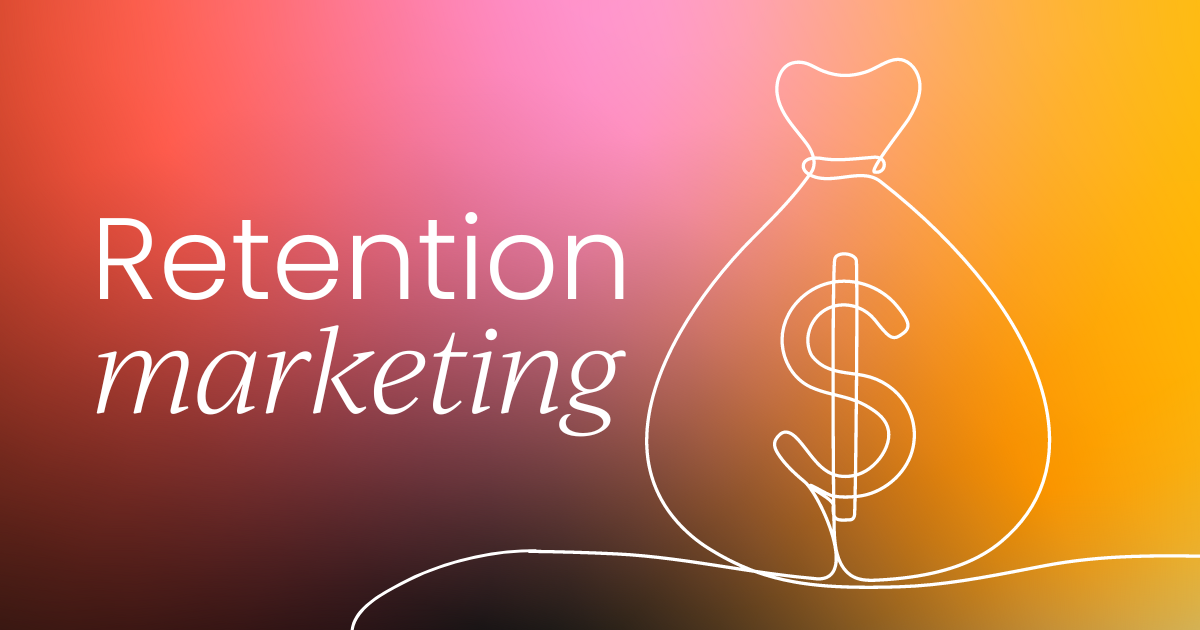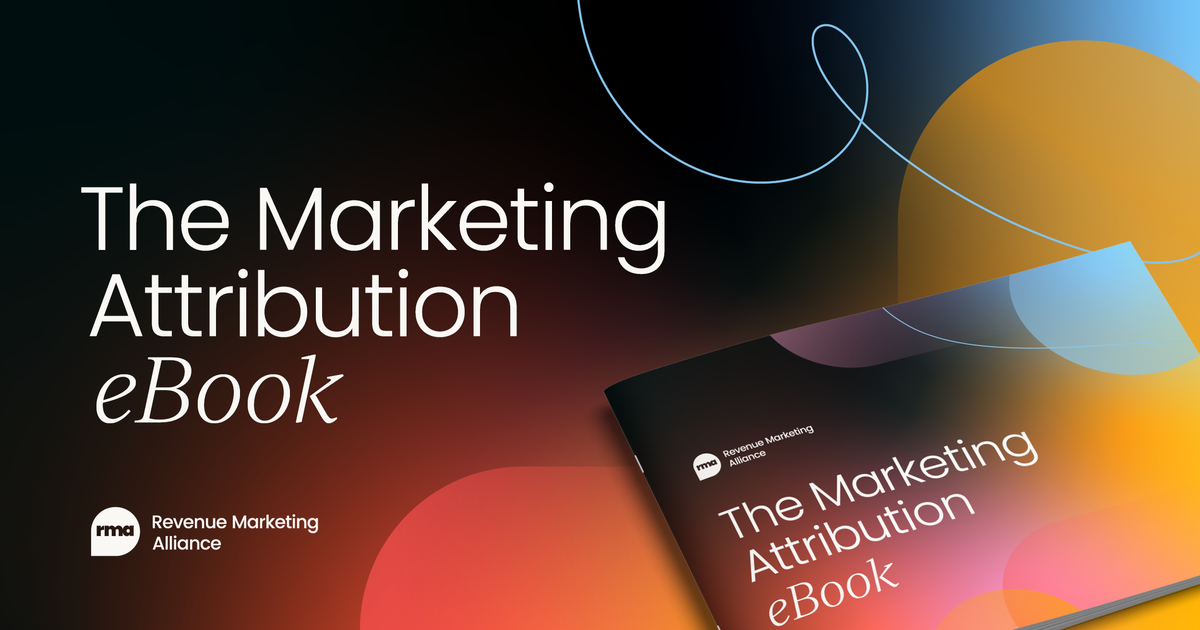In today’s competitive digital marketplace, building customer loyalty is a cornerstone of sustained business success. Retention marketing—focused on nurturing relationships with existing customers—has been revolutionized by artificial intelligence (AI), enabling brands to go beyond basic customer satisfaction.
AI and Personalization
Through AI-powered tools, companies can personalize interactions, anticipate customer needs, and deliver timely and relevant content that fosters loyalty. For U.S.-based companies, these AI-driven strategies offer a powerful framework to boost loyalty in an era where immediacy and personalization are increasingly critical to consumer expectations.
One of the most effective applications of AI in retention marketing is data-driven personalization. American consumers have come to expect highly tailored experiences, with studies showing that nearly 80% are more likely to engage with brands that offer personalized recommendations and communications.

The role of AI in preventing churn
Leveraging AI, companies can analyze data on past purchases, browsing behavior, and demographic details to create a seamless, customized journey for each customer. For example, major U.S. e-commerce players like Amazon and Target utilize AI algorithms to generate product recommendations based on browsing history, previous purchases, and even seasonality.
This ability to deliver precise, timely suggestions helps customers feel understood and catered to, reinforcing their loyalty and increasing the likelihood of repeat purchases.
AI also plays a critical role in preventing customer churn, a key challenge in retention marketing. With predictive algorithms, companies can analyze a wealth of behavioral data to identify customers who might be at risk of disengagement, enabling proactive intervention.
For instance, a U.S. telecommunications provider might use AI to track user activity and recognize when a customer’s engagement drops or when they haven't utilized certain services in a while. By proactively reaching out with tailored offers or engagement incentives, the company can re-establish its value to the customer before they consider switching to a competitor.
This approach, facilitated by AI, not only helps retain customers but demonstrates a level of attentiveness that strengthens their loyalty.

Real-time AI
AI-driven retention marketing also excels in real-time interaction, a feature that resonates strongly with American consumers who often prioritize convenience and immediacy. AI-powered chatbots, for instance, enable companies to deliver real-time customer service, answering inquiries, resolving issues, and even making personalized recommendations without the need for human intervention.
For example, a retail chain like Macy’s might deploy chatbots to assist with customer inquiries on product availability, order tracking, or personalized style advice. These interactions create an efficient, satisfying experience for customers, reinforcing their positive perception of the brand.
Additionally, the data collected through chatbot interactions provides further insights into customer preferences, enabling the brand to continuously refine and personalize its engagement approach.
Gauge how customers feel about you
Sentiment analysis, another AI-driven tool, allows companies to monitor customer feedback in real time and respond proactively. By analyzing data from social media posts, customer reviews, and direct feedback, AI can gauge customer sentiment and detect potential issues before they escalate.
For example, if a hotel chain like Marriott sees a surge in negative reviews mentioning a specific location, sentiment analysis algorithms can identify these patterns early, prompting a management response to address the issues before they impact brand loyalty on a broader scale.
By remaining responsive to customer concerns, the company demonstrates its commitment to customer satisfaction, which is essential for building trust and long-term loyalty.

AI can easily scale and adapt
A core advantage of AI-powered retention marketing for U.S. companies lies in its scalability and adaptability. AI-driven tools can process and analyze vast amounts of data, allowing businesses to create customized experiences for millions of customers without sacrificing quality or personalization.
For example, Starbucks has successfully implemented an AI-powered loyalty program that personalizes rewards and offers based on individual customer behavior, preferences, and purchase history. This highly personalized approach not only drives repeat visits but also deepens customer loyalty by making each interaction feel unique and valuable.
AI and loyalty programs
The power of AI in retention marketing also extends to building loyalty programs that reward consistent engagement. AI algorithms can analyze customer purchasing patterns to design reward programs that align with customer preferences and motivations.
In the case of Walgreens, their Balance Rewards program uses AI to personalize offers based on shopping history, health goals, and seasonal needs, rewarding members in ways that resonate with their individual needs. These personalized loyalty programs create a sense of exclusivity and appreciation, which reinforces a customer's connection to the brand and incentivizes ongoing engagement.

In short
As AI continues to evolve, the future of retention marketing in the U.S. will see even more sophisticated, hyper-personalized approaches to customer loyalty. AI-driven retention strategies offer U.S. companies the opportunity to cultivate genuine, long-lasting relationships with their customers.
By focusing on personalization, proactive engagement, real-time responsiveness, and data-driven loyalty programs, businesses can foster loyalty that goes beyond transactions, transforming customers into brand advocates who are more likely to remain loyal over time.
In an era where customer expectations are higher than ever, AI-powered retention marketing gives U.S. companies the tools to meet those expectations and build enduring customer relationships.
About the author
Dr. Islam Gouda is a young professional with a passion for marketing. Dr. Gouda has an honorary doctorate from the University of California in Strategic Marketing. He also has a master's degree from Florida State University and an American University of Sharjah graduate in Marketing and Management.
Dr. Gouda has marketing-focused business experience with a strong analytical ability to use available market data for strategic marketing, business development, and product development purposes along with the identification of new business opportunities and measurement of ROI.
Dr. Gouda's specialties include leadership and communications skills with the ability to adapt to a wide variety of cultures and to manage and work as part of cross-functional teams.
Our comprehensive marketing attribution eBook combines real-world data from revenue marketers worldwide with expert insights to give you the roadmap for attributing, optimizing, and scaling your marketing efforts.




 Follow us on LinkedIn
Follow us on LinkedIn







